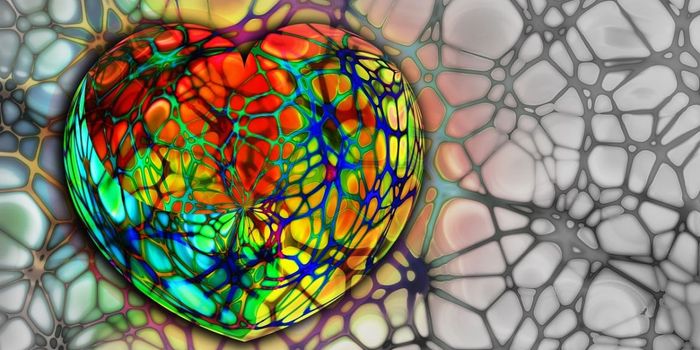A New Approach to Seizure Treatment
There are many types of epilepsy, a brain disorder that causes recurrent seizures or periods of altered behaviors or sensations. Around one percent of the world's population is thought to be impacted, or as many as 70 million people. In epilepsy, the electrical signals transmitted through neurons in the brain are disrupted. There are some treatments for the disorder, but as many as one-third of cases don't respond to current therapies.
Scientists have now found a new approach for treating epilepsy that focuses on correcting abnormalities in the blood brain barrier, which have been associated with epilepsy. The findings have been reported in Nature Communications.
Brain cells use a lot more energy compared to most other cells types in the body. A network of capillaries called the blood-brain barrier (BBB) provides those cells with the nutrients they need, while carefully protecting the brain. The BBB is so extensive, each brain cell seems to be fed by its own capillary. But when that network of blood vessels becomes disrupted and its integrity is impaired, seizures may occur.
This research has suggested that if the lost integrity can be restored in the BBB, seizures would be prevented. If additional research confirms these findings, it could lead to treatments for epilepsy patients that don't respond to current drug options, said senior study author Dr. Matthew Campbell, an Associate Professor at Trinity College Dublin. "This work represents one of the first conclusive studies that pinpoints a key feature of seizures that has, to date, not been studied in great molecular detail."
Tight junctions, special points where cells in membranes are joined, are crucial to the BBB. A protein called claudin-5 is important to BBB tight junctions, and has been found to be disrupted in a variety of neurological disorders.
In this study, a variety of animal models were used to show that when claudin-5 is lost from the BBB, seizures arise in mice. Dysfunction in tight junctions between cells and abnormal interactions between immune cells in the BBB were also found to lead to chronic neuroinflammation in mouse models. When claudin-5 levels were rescued, seizures were prevented in mice; the BBB was stabilized, and health was restored.
"We are excited about the potential our findings hold for advancing the field of epilepsy research as well as other neurological conditions. In fact," noted first study author and postdoctoral researcher Dr. Chris Greene, "stabilizing the integrity of blood vessels in the brain could have relevance for a wide range of other diseases and we are just at the beginning of the process in driving the research forward."
Sources: Trinity College London, Nature Communications









